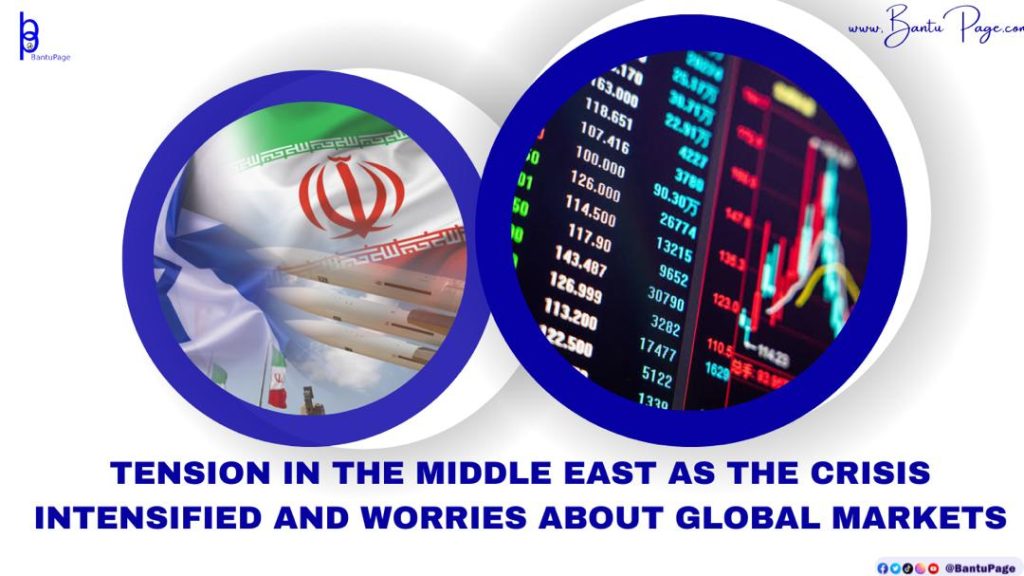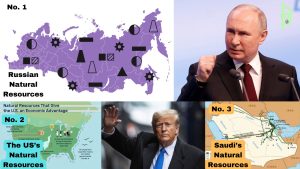
The price of oil has escalated from $90 per barrel to $100 per barrel, and OPEC has cut supply.
The hostility between Iran and Israel has been brewing since early this month, after the latter attacked the former’s consulate. The heated tension led to Iran’s retaliation yesterday, April 14.
The Middle East has been the melting point of global politics. Iran is one of the world’s largest oil producers. Imagine what the crisis would do to the production and price of oil in the global market if they got directly involved in this test of ammunition with Israel.
The implications of October 7 are dire and have lingered to date, posing a threat to regional and international peace and security. According to Erdan, an Israeli politician and Permanent Representative of Israel to the United Nations, “anytime there is a spark in any part of the Middle East, it is bound to generate tremors in other parts of that volatile region. There is a kind of face-off between Israel and Lebanon on the one hand. It’s an old-age animosity we are seeing between Iran and Israel.”
If this should develop into a full-blown war, the economies of some countries far and near will bear the brunt of it. An expert posits that the US should press Israel not to retaliate the attack on the premise that they are the instigator. As a result, deaths were recorded—generals and others. This is a nudge on the tiger’s tail.
By Chidimma NWAFOR





